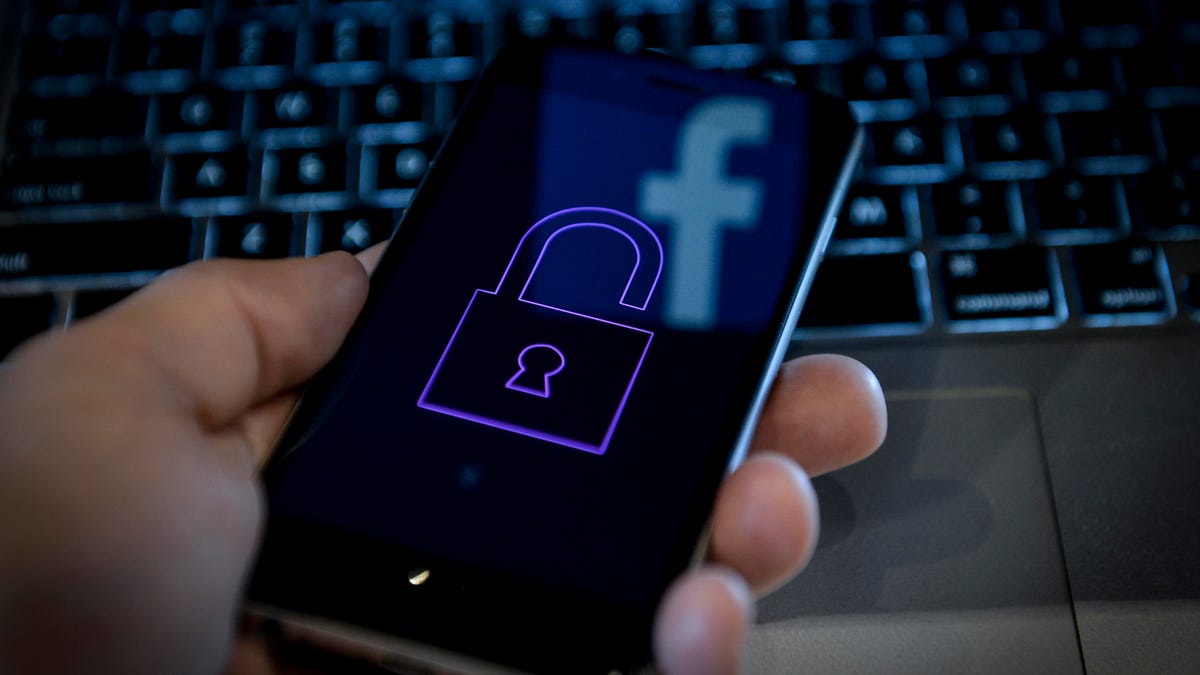Secret Facebook-FBI ruling must be made public, ACLU and EFF say
The FBI wanted to force Facebook to wiretap conversations on Messenger. The public deserves to know why, advocates argue.

Facebook and the FBI argued over encryption on Messenger. The decision, if made public, could help keep your messages private in the future.
Privacy advocates are demanding the US government release documents detailing the FBI's fight with Facebook over encryption.
On Wednesday, attorneys for the American Civil Liberties Union and the Electronic Frontier Foundation filed a motion to unseal a secret court ruling in a case involving the Department of Justice and Facebook, stemming from a California case in which the FBI wanted to force the social network to wiretap phone calls on Messenger.
The case was first reported by Reuters in August, and tied to voice calls on Facebook Messenger from the MS-13 gang, according to the report. Facebook argued that it couldn't carry out the FBI's demands because Messenger has end-to-end encryption, meaning that it'd have to completely rewrite the app to do so.
While the FBI reportedly tried to hold Facebook in contempt of court for refusing to cooperate, the Justice Department was not able to make Facebook break its end-to-end encryption.
The federal court case is sealed, and the ACLU argued in its motion on Wednesday that this outcome has important implications for future cases on privacy and government surveillance.
"The public deserves to know why the government thought it could dismantle measures that protect their right to privacy online, and how they can defend that right should the government try to force another service to undermine its security features," Jennifer Granick, the ACLU's surveillance and cybersecurity counsel, said in a statement.
Facebook did not respond to a request for comment. The Justice Department declined to comment.
The Justice Department has a long history of battles with tech companies over encryption. While Facebook cooperates in investigations -- complying with more than 20,000 search warrants from January to June this year -- breaking encryption is an entirely different challenge.
Communication services like Facebook Messenger, Apple Messages and Signal offer end-to-end encryption, which means that conversations are only accessible to the people involved. Not even the service providers have access to the conversations. That's become an issue for law enforcement, which increasingly needs digital access for investigations.
Government officials have repeatedly called for "responsible encryption" -- meaning access by law enforcement in certain circumstances -- calling it an "urgent public safety issue." In Australia, lawmakers introduced legislation that would force companies to provide access to encrypted data, which Google, Amazon, Facebook and Apple have opposed.
In May, members of Congress introduced the Secure Data Act, which would prohibit law enforcement from forcing companies to create encryption backdoors.
The most public example of the FBI's battle with tech companies over encryption came in 2016, when the agency demanded that Apple create software to unlock an iPhone belonging to a terrorist behind the 2015 shooting massacre in San Bernardino, California.
The case never went to court after the FBI found another way to access the device, but for months, Apple CEO Tim Cook argued that creating an encryption backdoor would expose people to security vulnerabilities.
The ACLU and the EFF want Facebook's legal battle with the FBI unsealed so future cases can rely on its legal precedent. The filing is requesting for the legal reasoning behind the decision and the FBI's argument against Facebook.
"When Apple and the FBI got into a similar situation in 2016, the legal dispute became a national flashpoint with public court proceedings, the FBI director penning an op-ed, Apple's CEO writing an open letter to customers, Congress holding hearings, and the president delivering a speech to Americans," ACLU attorney Brett Max Kaufman said in a statement. "This latest legal dispute between Facebook and the government shouldn't be treated any differently."
You can read the court filing here.
Originally published at 11 a.m. PT.
Updated at 12:22 p.m.: To include response from the Justice Department.
Security: Stay up-to-date on the latest in breaches, hacks, fixes and all those cybersecurity issues that keep you up at night.
Special Reports: CNET's in-depth features in one place.

